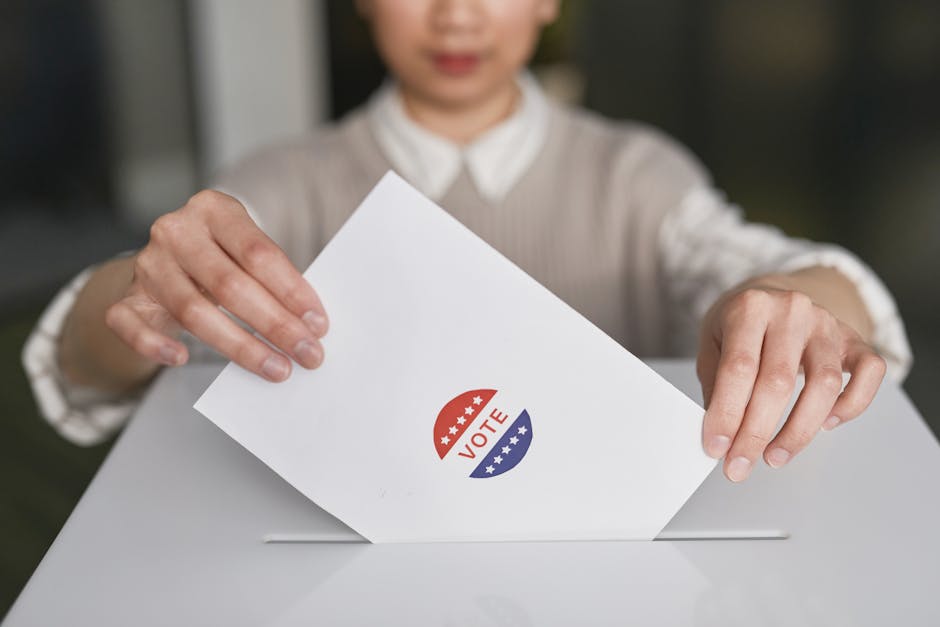Political systems, despite their aspirational ideals of fairness and representation, frequently harbour subtle yet significant biases. These biases, often embedded in the very structures and processes of governance, can skew outcomes and hinder the equitable distribution of power and resources. Understanding these inherent biases is crucial for a more critical and informed engagement with political discourse.
A multitude of factors contribute to the presence of inherent biases in political processes. One prominent source is the inherent nature of human cognition. Cognitive biases, such as confirmation bias (favouring information that aligns with pre-existing beliefs) and anchoring bias (over-reliance on initial information), can significantly influence voters’ choices, campaign strategies, and policy decisions. Individuals tend to favour candidates and policies that resonate with their pre-conceived notions, sometimes overlooking potentially beneficial alternatives. This inclination toward selective information processing can lead to an overly simplistic or distorted understanding of complex issues.
Furthermore, societal structures and demographics play a pivotal role in shaping political landscapes. Historical patterns of exclusion and marginalization, often manifesting in unequal access to resources, education, and political participation, can perpetuate entrenched biases. For instance, systemic inequalities based on race, gender, or socioeconomic status can create a skewed electorate where certain voices are drowned out, and specific interests are neglected.
Voter turnout rates themselves can contribute to biases. Voter demographics often mirror existing societal inequalities. If certain segments of the population are consistently less likely to participate in the political process, their concerns and perspectives are underrepresented in policy decisions. This disenfranchisement can lead to policies that fail to address the needs of these groups, further solidifying existing inequalities.
Furthermore, the inherent biases in political institutions themselves are undeniable. Campaign finance regulations, for example, can disproportionately favour wealthy donors and special interests, potentially obscuring the voices of average citizens. The structure of the electoral system, including winner-take-all systems and the allocation of seats in legislatures, can create obstacles for smaller parties and minority viewpoints. Gerrymandering, the practice of manipulating electoral district boundaries to favour a particular party, is another glaring example of a deliberate tactic that exacerbates political bias.
Campaign strategies frequently leverage biases to sway public opinion. Appealing to fear, prejudice, or emotions, often rather than rational arguments, can be a potent but unethical approach to garner support. The use of targeted advertising and social media manipulation can amplify specific viewpoints and create echo chambers, further reinforcing existing biases in the electorate.
The media landscape is another crucial arena for bias propagation. News outlets, whether intentionally or unintentionally, can frame issues and present information in a way that favours certain perspectives and marginalizes others. Media outlets often adhere to existing political narratives, thus creating a biased echo chamber for their readers. This can influence public opinion and skew the political discourse.
Beyond these pervasive societal biases, the inherent nature of power dynamics within the political system itself contributes to inequities. Those in positions of authority can wield considerable influence, potentially suppressing dissenting voices and marginalizing diverse viewpoints. The inherent power imbalance between political leaders and the electorate can lead to situations where the concerns of the general population are overshadowed by the agendas of those in power.
Addressing these biases necessitates a multi-pronged approach. Promoting media literacy and critical thinking skills among the citizenry can help individuals discern the biases embedded in the information they encounter. Electoral reforms focusing on proportional representation systems and transparent campaign finance regulations can diminish the influence of special interests.
Education plays a crucial role. Ensuring that educational curricula incorporate the study of systemic biases and the examination of historical injustices can equip future generations to identify and counter these biases in political processes. Public awareness campaigns highlighting the impact of various biases and their pervasiveness can create a society more mindful of these issues.
The pervasiveness of these biases in political processes is not merely an academic concern; it significantly impacts the legitimacy and effectiveness of governance. Recognising and actively challenging these biases is essential for building more inclusive, equitable, and responsive political systems. Promoting transparency and accountability in political institutions and encouraging greater participation from underrepresented groups are pivotal steps in achieving this aim. In essence, a vigilant and critical approach to political processes is paramount for maintaining a robust and just democracy.
